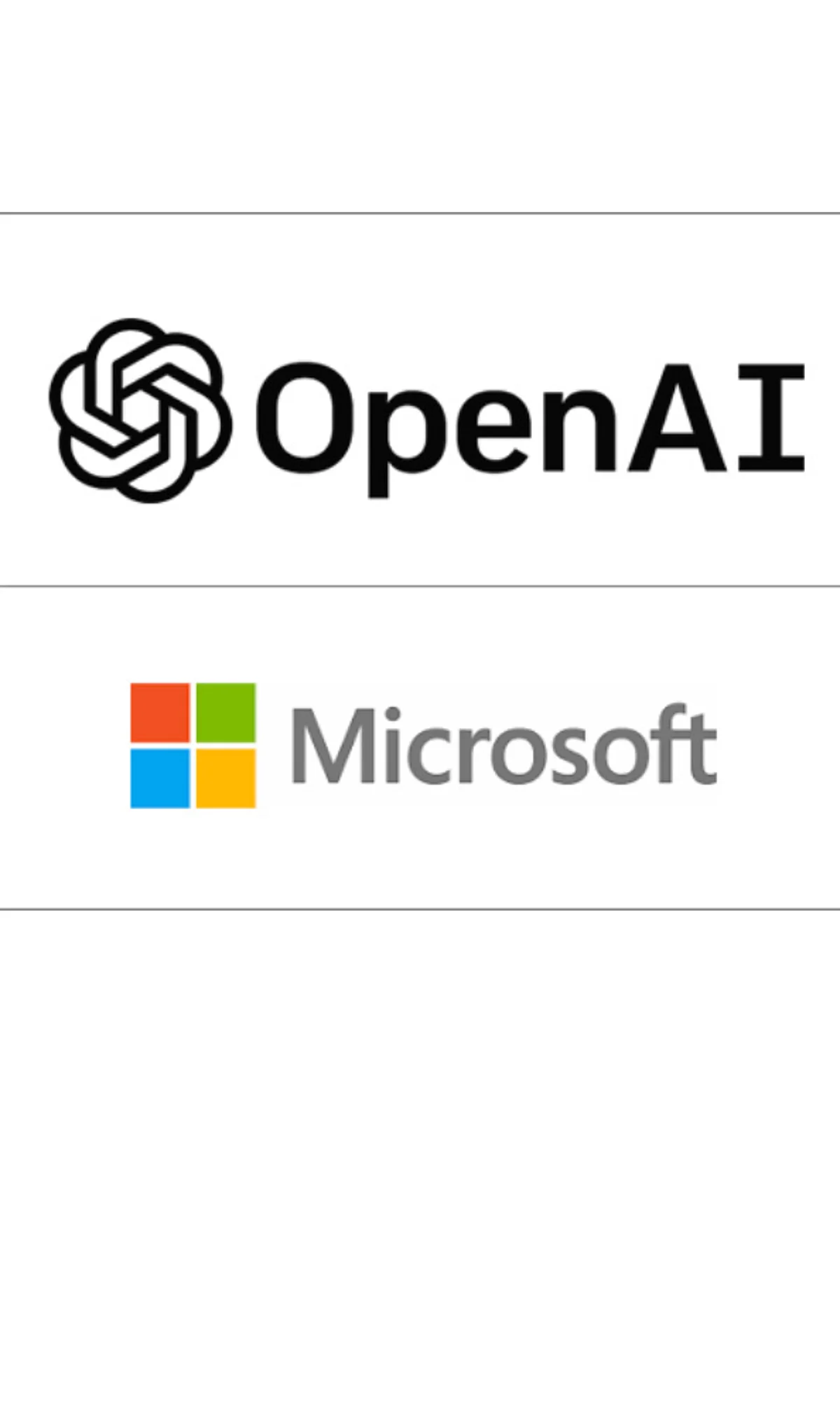Technology
OpenAI Launches GPT-OSS on Azure, Transforming Developer Flexibility

OpenAI has officially launched its GPT-OSS models on Microsoft Azure, providing developers with unprecedented flexibility in how they deploy artificial intelligence solutions. This significant move allows users to operate these models either locally through the Windows AI Foundry or in the cloud via Azure AI Foundry, catering to diverse development needs.
The introduction of GPT-OSS marks a pivotal moment in the AI landscape, particularly for developers seeking to leverage advanced AI capabilities without being restricted to a single deployment environment. With this dual capability, developers can optimize their applications for performance and scalability based on their specific requirements.
Enhanced Flexibility for Developers
By utilizing both local and cloud-based models, developers can choose the most efficient deployment strategy for their projects. Running GPT-OSS on Windows AI Foundry allows for greater control over data management and privacy. This is especially beneficial for organizations that prioritize compliance and security while working with sensitive information.
Conversely, using the cloud via Azure AI Foundry offers the advantages of scalability and access to vast computational resources. This flexibility enables developers to create applications that can handle varying workloads without the need for extensive infrastructure investment.
According to OpenAI, the hybrid approach not only enhances performance but also reduces latency, which is critical for real-time applications. This capability positions developers to create more responsive and efficient AI-driven solutions that can better meet user demands.
Implications for the AI Ecosystem
The launch of GPT-OSS on Azure is set to have broad implications for the AI ecosystem. As businesses increasingly adopt AI technologies, the ability to deploy models in a way that aligns with their operational needs can significantly impact productivity and innovation.
Moreover, Microsoft’s partnership with OpenAI underscores a growing trend among tech giants to integrate AI solutions more deeply into their platforms. This collaboration allows Microsoft to enhance its Azure offerings while providing OpenAI with a robust infrastructure to support its advanced models.
The availability of GPT-OSS also opens doors for startups and smaller enterprises that may have previously lacked access to such advanced technologies. With lower barriers to entry, more developers can experiment with AI, leading to a surge in innovation and new applications.
In conclusion, OpenAI’s launch of GPT-OSS on Microsoft Azure represents a transformative step for developers worldwide. By offering the choice to run models locally or in the cloud, OpenAI is not only enhancing the flexibility of AI deployment but also fostering a more inclusive AI ecosystem. As the technology continues to evolve, developers are better equipped to harness its potential, ultimately driving advancements across various industries.
-

 Technology5 months ago
Technology5 months agoDiscover the Top 10 Calorie Counting Apps of 2025
-

 Technology2 weeks ago
Technology2 weeks agoOpenAI to Implement Age Verification for ChatGPT by December 2025
-

 Health3 months ago
Health3 months agoBella Hadid Shares Health Update After Treatment for Lyme Disease
-

 Health3 months ago
Health3 months agoAnalysts Project Stronger Growth for Apple’s iPhone 17 Lineup
-

 Health3 months ago
Health3 months agoErin Bates Shares Recovery Update Following Sepsis Complications
-

 Technology5 months ago
Technology5 months agoDiscover How to Reverse Image Search Using ChatGPT Effortlessly
-

 Technology3 months ago
Technology3 months agoElectric Moto Influencer Surronster Arrested in Tijuana
-

 Technology2 months ago
Technology2 months agoDiscover 2025’s Top GPUs for Exceptional 4K Gaming Performance
-

 Technology5 months ago
Technology5 months agoMeta Initiates $60B AI Data Center Expansion, Starting in Ohio
-

 Technology5 months ago
Technology5 months agoRecovering a Suspended TikTok Account: A Step-by-Step Guide
-

 Health5 months ago
Health5 months agoTested: Rab Firewall Mountain Jacket Survives Harsh Conditions
-

 Lifestyle5 months ago
Lifestyle5 months agoBelton Family Reunites After Daughter Survives Hill Country Floods

















